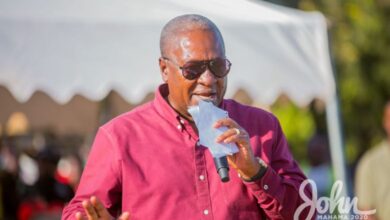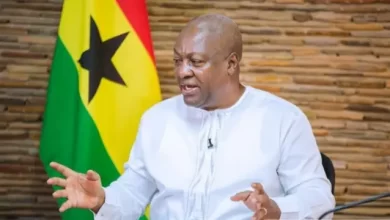
Akuapim rapper Pope Skinny, also known as Edwin Kwame Ohene Darko, has recently transitioned to a new career path after facing challenges in the music industry.
Following a downturn in his music career and the closure of his radio presenting job, Pope Skinny has made a significant move to the United States.
In a recent interview, he revealed that he has taken on the role of a truck driver, a profession he admitted he wouldn’t have pursued if he were still based in Ghana. During the interview, Pope Skinny shed light on the financial struggles within the Ghanaian entertainment industry, citing it as a driving force behind the exodus of many musicians from the country.
He emphasized the lack of financial security and essential benefits, such as social security (SSNIT), for artists, making it challenging for them to envision a stable future in their homeland. According to Pope Skinny, the absence of a robust support system for musicians and entertainers has led to the mass migration of talent seeking better opportunities abroad.
Furthermore, Pope Skinny discussed the financial hardships faced by musicians, particularly in the absence of hit songs and the reliance on personal savings to fund their creative endeavors.
He highlighted the disparity in the provision of essential resources for artists and the limited avenues for financial stability within the Ghanaian entertainment landscape. In his candid revelation, Pope Skinny disclosed his current occupation as a truck driver in the United States, a profession he expressed would have been subject to ridicule had he pursued it in Ghana.
This revelation underscored the challenges and stigmatization associated with certain professions within the Ghanaian context, prompting individuals like Pope Skinny to seek opportunities elsewhere.
Overall, Pope Skinny’s story sheds light on the systemic issues within the Ghanaian entertainment industry, prompting a broader conversation about the need for comprehensive support and resources to sustain the livelihoods of artists and entertainers in the country.
Story by Obaapa Janee




